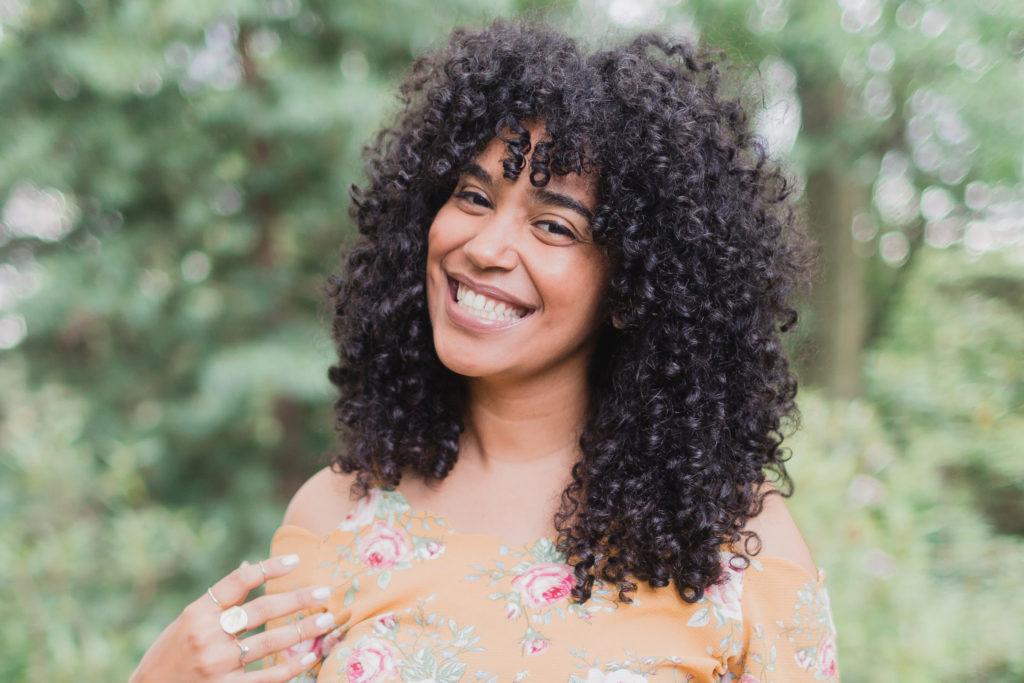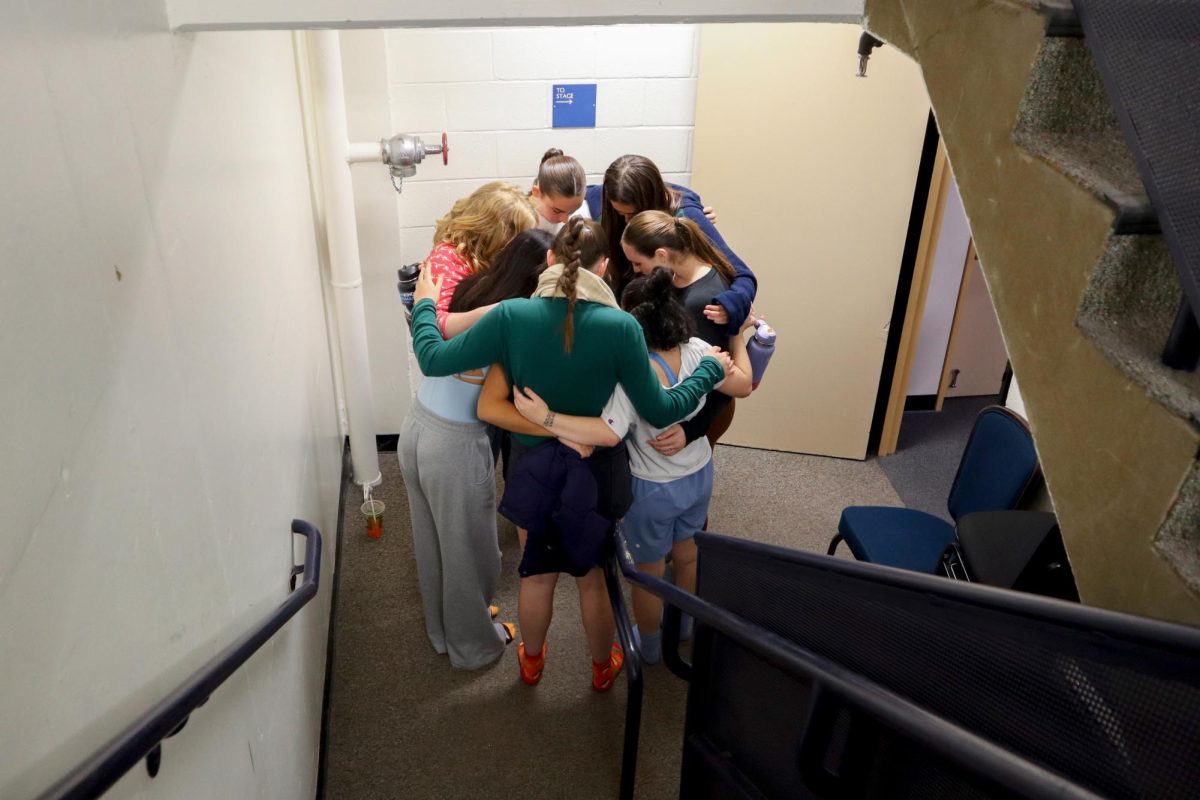An alumna is employing her national success to explore difficult topics through books written for teens.
Alumna Elizabeth Acevedo – a slam poet, author and educator – had her debut novel-in-verse, “The Poet X,” sit on The New York Times Best Sellers list for four weeks after it was released in March and was awarded the National Book Award for Young People’s Literature this month. After drawing accolades over the past few months, the author announced a new young adult novel titled “With the Fire on High,” a story of teen parenthood, set to be released in May.
Acevedo, who graduated with a bachelor’s degree in performing arts in 2010, focuses her writing on topics that may be considered difficult for young people to handle or discuss with others.
The characters in “The Poet X” grapple with marginalization and liberation as members of the Latino community and as a Dominican-American, Acevedo also discusses that topic in an autobiographical way through Acevedo’s spoken-word performances.
“The Poet X” narrates the life of a young girl who learns to speak her mind through poetry. Acevedo said in addition to drawing on her own culture, she became inspired to write by the eighth-grade Latino students she taught while working for Teach for America in 2012.
“I think so often stories about young people of color aren’t done with generosity or aren’t done with tenderness, so I just wanted an honest story that was still thoughtful about how these communities walk through the world,” she said.
Her debut novel also simultaneously critiques and gives humanity to conservative parents and their “protective” ways, as the main character struggles to relate to her devout Catholic mother. Acevedo said the topic is especially relevant today as immigrants struggle to feel secure in the country’s political climate.
“I think they struggle with letting their children go into a world that they don’t fully feel like they understand or have control of,” she said.
“The Poet X” also discusses the realities of adolescent sexuality, which is often littered with confusion and questioning. Acevedo said she does not feel pressured to shy away from hard-hitting subject matter for young people and will continue to discuss sexuality in her next novel, which tells the story of a single teen mother. Many stories on teen parenthood skim the surface of the subject, but Acevedo said she wished to give a deeper perspective.
“I think teens can handle all kinds of subject matter,” she said.
Acevedo signed a multi-book deal for young adult fiction with the publishing house HarperTeen that began with her first novel, she said, so her name will continue to grace the shelves.
The author credits some of her success to performing arts teachers like Leslie Jacobson and professors in the English department because they understood her written work and gave her chances to experiment and perform, even as a freshman in 2006. As a student, she was able to practice her craft without the added self-consciousness of perfection, she said.
“I think GW was more of a silo where I was able to be creative and just concentrate on my work without really having to impress anyone,” she said.
Jacobson, a professor in the theater and dance department for nearly 42 years, said she vividly remembers Acevedo as a Luther Rice fellow who accompanied her on her annual trip to South Africa. The professor likened Acevedo’s standout talent in writing and performing to that of another student of hers, actress Kerry Washington.
“I think that her voice is really even more important now than it was eight years ago because of who she is and what she sees and what she says,” she said. “She’s not a current event, but she is from the Caribbean and she is a woman and it’s important to hear that voice – it always was and it always will be.”
Receiving a national award and charging ahead to publish her second novel in barely more than a year, Acevedo said she hasn’t taken a breath to process her success, she just wants to continue telling coming-of-age stories about how individuals find their voices.
“I think I’m still kind of in a whirlwind about what that could potentially mean for my career,” she said. “I’m still visiting teens in different spaces and talking about literature. I’m not sure that I know how to calibrate what that looks like. For me, I’m still gunning for the next book, the next project, the next big thing.”




